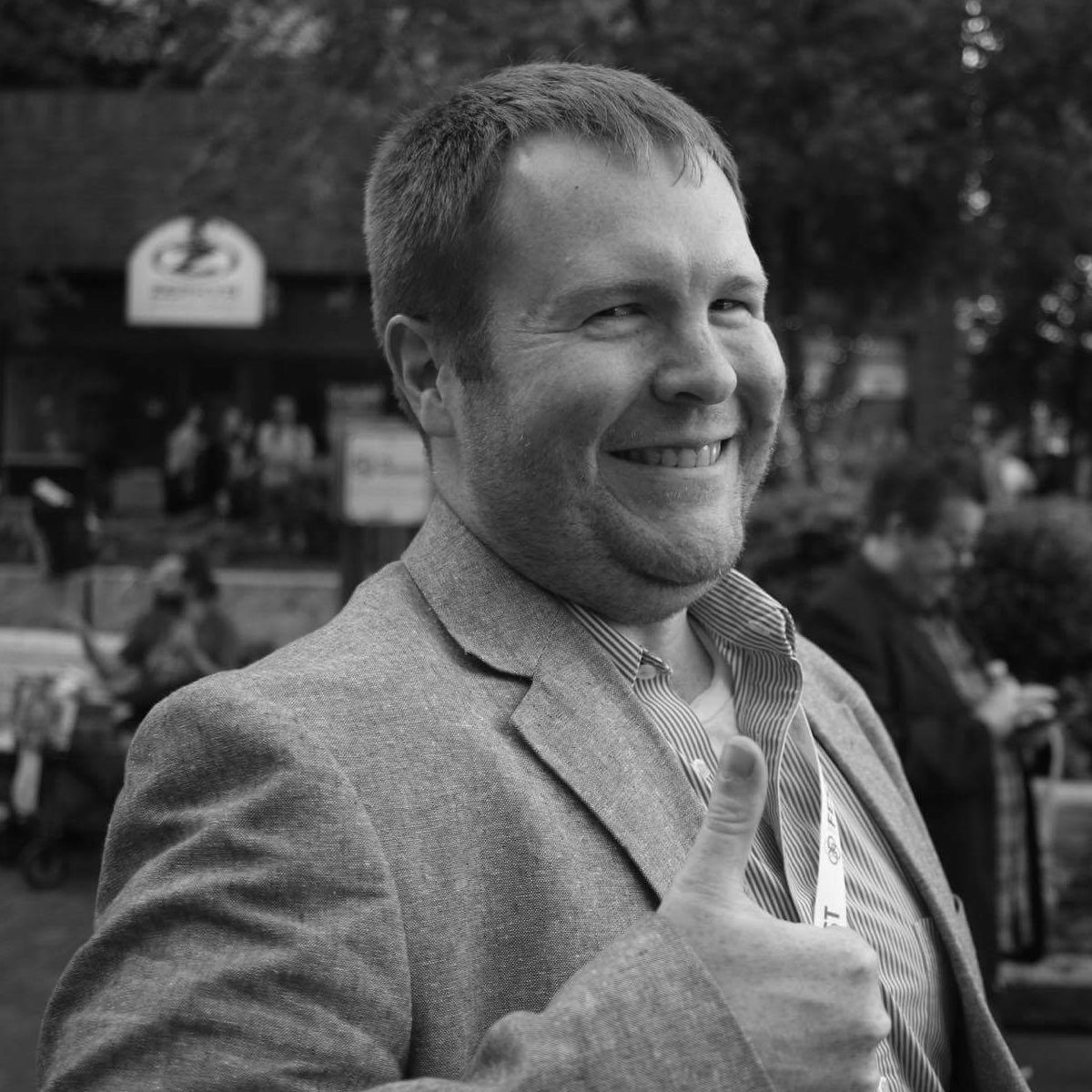Stephen Covey
The 7 Habits of Highly Effective People
ISBN: 978-1-4516-3961-2
The book I’m reading for this review series tend to be the type of books you can rip through easily in an afternoon, or while you’re on a plane or a train traveling somewhere. The 7 Habits of Highly Effective People was definitely not one of those books. It was one of the densest reads I’ve experienced in quite a while, even more than Jordan Peterson’s book I reviewed earlier in this series.
Density doesn’t indicate difficulty, though. The seven habits laid out by Covey are easy to follow, and relatively easy to distill down to their basic meaning. Three habits are included in the “private victory” section, in which you need to work on your inner self before you start working on three other “public victory” habits, where you work on your outward facing self. The seventh habit discusses self-care and self-improvement as it relates to keeping yourself sharp to undertake the first six habits. The schematic in the text was easy to follow, and something anyone should be able to grasp.
I agree with Covey that you have to take care of what’s behind the curtain first before you work on the parts of yourself everyone can see. Your home’s foundation needs to be rock solid before you even think about what color paint to use, or whether your house will be covered in siding or brick. One should master the private victories section first before moving onto the public victories. Long-term planning, being proactive, and preparing for all contingencies are the major parts of securing one’s private victories. You can’t really claim a private victory if you spend the vast majority of your time “putting out fires” – attending only to urgent, necessary tasks.
Once you’ve figured out the private stuff, Covey discusses what it takes to achieve a public victory: going for a win-win situation each and every time, and not making a deal unless it’s a win for all parties. He lays out why it’s important to truly understand the point of view of the other party and how that shapes the way they negotiate. Only by understanding others can one truly accomplish a win-win type of deal. Then, Covey explains how you take that understanding of the other person and make it work in each interaction you have with that person, allowing even better understanding and better work to be done.
I really like that this book spends a great deal of real estate on self-care. Taking time to care of yourself is something that entrepreneurs and other high achievers put aside, in order to accomplish the goal or task at hand. Covey calls this “sharpening the saw” – if you constantly use a saw and don’t have take the time to sharpen or repair it, you will expend more and more energy in your work for less and less benefit over time. Taking time to “sharpen your saw” involves everything from good rest to continuous learning – something echoes in other books I’ve reviewed that target this audience.
Overall, 8/10, would recommend for anyone looking to take control of life and change for the better. While this book is an incredibly dense read, it contains a lot of great information that any high-achieving individual can use to improve the way things are done and life is lived. Covey includes different exercises that the reader can use to practice the seven habits, and I would encourage anyone reading the book to give them a try. You may learn something about yourself – I know I did!
